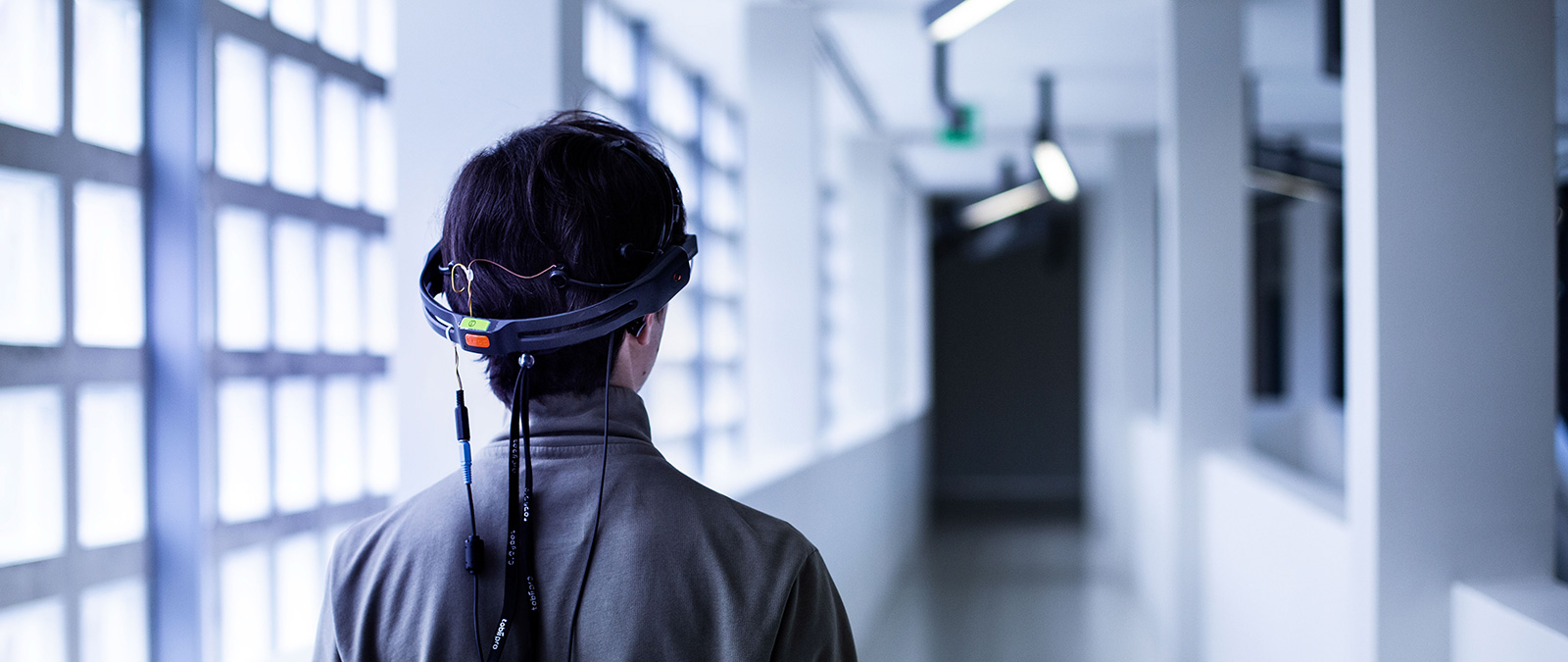
Transits: processes of globalization, places and frontiers between the XX and XXI centuries: concepts, forms, changes, interpretations
Year 2018
The project set out to reconstruct, through the study of some historical, cultural, epistemological and historiographic cases, the impact of globalization processes in the contemporary age, focusing on the temporal and spatial dimensions that characterize the current global transition In this perspective.The research has referred in particular to some crucial spaces: borders, the city, the redefinition of Europe in its relationship with the world.
Like borders, cities are also "figures" in which the global age becomes known in the complexity of its phenomenology, in the interweaving of its dimensions, in the kaleidoscope of its forms. The interweaving of physical and symbolic mobility, which unfolds within urban spaces, outlines new spatial and temporal coordinates of social life, redraws the boundaries, multiplies the centers and disseminates the margins, displaces the very possibilities of coexistence. Europe is a decisive player in the global context and can become a laboratory for institutional and cultural innovation, to address the crucial challenges of the "global world".
The most interesting and problematic aspect of the global transition is the cultural, social and political complexity generated by the new territorial and urban configurations: a multiform and plural reality, which poses new problems, but also extraordinary opportunities.
The project aimed at promoting interdisciplinary research of international importance that could open paths of dialogue with the Italian, European and extra-European scientific community on issues with a strong social and cultural impact, such as the transformations and crossings of borders from a local, national and supranational point of view.